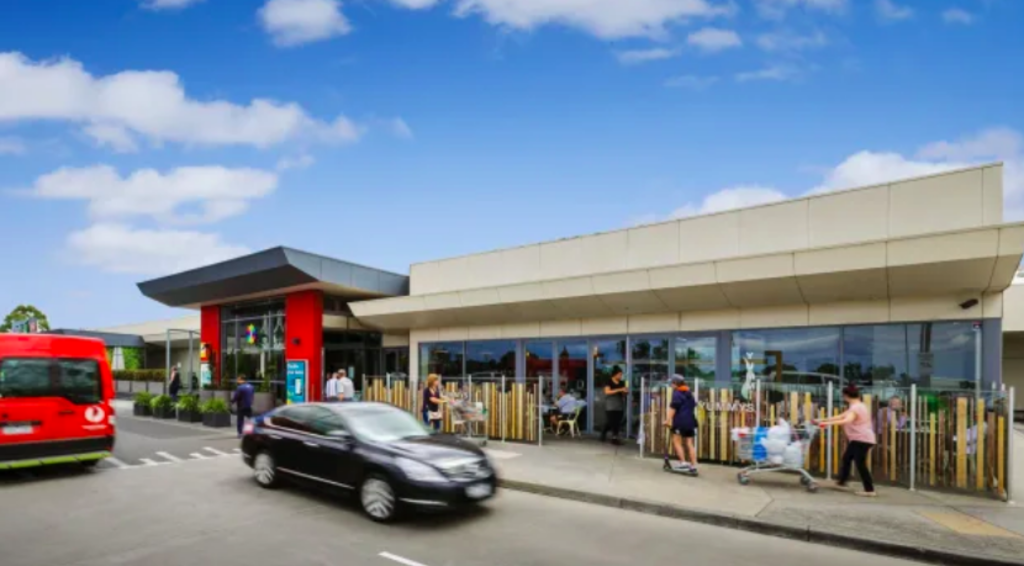
Elanor to divest $130m portfolio of smaller malls
ASX-listed Elanor Retail Property Fund has opted to divest a $130 million portfolio of smaller malls after completing a strategic review of its portfolio.
The review divided the listed trust’s overall holdings into a $202.8 million two-asset “value-add” portfolio and a $129.2 million group of five malls designated its “income assets”.
The fund will embark on a sell-down of the so-called “income assets” before the end of this year and will recycle the proceeds into either new value-add retail properties or into a buy back of securities, it said.
The fund is managed by ASX-listed Elanor Investors, led by Glenn Willis. The strategic review was announced at its interim results this year in an effort to close the gap between its net asset value per security and its stock price.
“Elanor Retail Property Fund has a strong investment track record in value-add retail assets and believes that prevailing market conditions are presenting high-quality value-add investment opportunities in the retail sector,” it said on Tuesday.
“Following the sale of the income assets, the fund will be well positioned to further grow value for security holders as it leverages the manager’s demonstrated capabilities in this space.”
Elanor’s move come amid broader ructions across the retail property sector as landlords combat the headwinds of structural change brought on by the rise of e-commerce and a cyclical slowdown in consumption.
Vicinity Centres managing director Grant Kelley told the The Australian Financial Review Property Summit 2019 in Sydney last month there would be winners and losers in retail.
Among the winners, Mr Kelley said, were destination centres like its flagship Chadstone and Emporium Melbourne malls, where people come to “hang out, go to the movies or buy a handbag”, as well as convenience malls where people “do their grocery shopping or go to the gym”.
“It’s the middle of the market (shopping centres in regional areas and country towns) that are being disadvantaged and where the negativity is occurring,” he said two weeks ago.
Get a weekly roundup of the latest news from Commercial Real Estate, delivered straight to your inbox!







